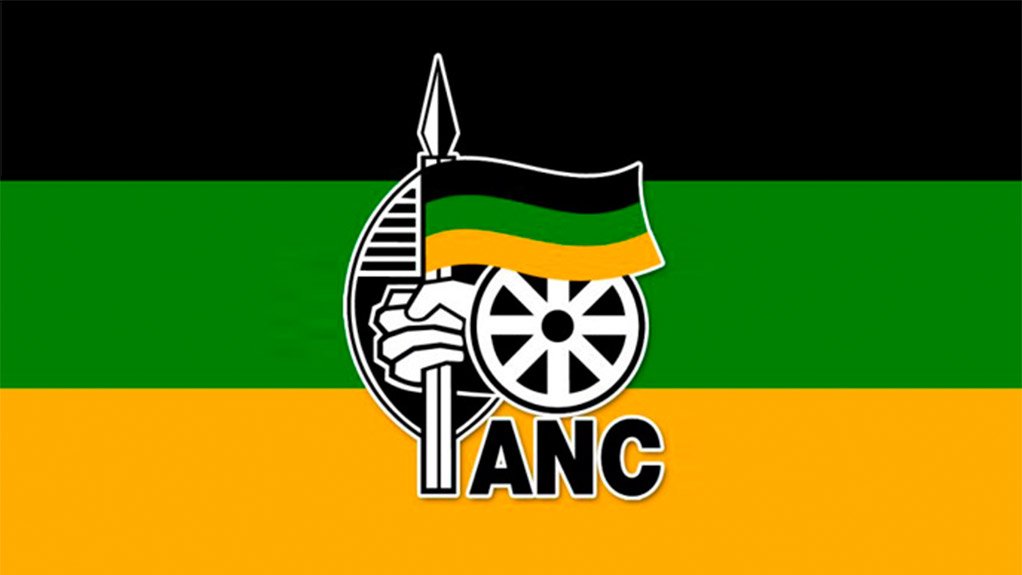As rising fuel costs continue to hit the South African economy, the African National Congress (ANC) was contemplating pushing for an increase in oil and gas exploration, setting itself up for a fight with anti-fossil fuel lobby groups.
This new policy position is detailed in the ANC's draft discussion document on economic policy, obtained by News24 ahead of the party's policy conference in July.
In the document, the ANC cited geopolitical tension in Eastern Europe, which caused high fuel prices, and the failed interventions as reasons for the renewed vigour in wanting to increase oil and gas exploration.
"In our country, fuel prices have been reaching record levels every month with no end in sight," the document stated.
"The geopolitical tension in Eastern Europe has been the biggest cause of the high fuel prices.
"The imposition of sanctions on Russia has meant that 60% of Russia's diesel exports no longer have a market because European countries have stopped buying from them. This is causing a global shortage of diesel, resulting in diesel and paraffin prices rising faster than petrol."
The party argued that the second cause of high oil prices was "the stance taken by OPEC+ to manage increases in the production of crude oil in support of higher prices".
"OPEC+, which Russia is a member of, is limiting the availability of crude oil, leading to an artificial shortage of oil," the document stated.
According to the ANC, the current reality left South Africa "caught up in the middle of a global economic war", with high fuel prices beginning to have a knock-on effect on the country.
"Cost of public and private transport has increased and is likely to increase further. The cost of producing food will skyrocket, especially due to the high diesel prices.
"Disposable incomes of all citizens will be affected, and this is bound to lead to some level of discontent, especially if this affects the affordability of staple foods," the document further stated.
It also highlighted that the government had intervened for two months by reducing the fuel levy by R1.50 for April and May, however, this support had come at a cost of R6 billion and would be paid for through the sale of 40% of the country's strategic stocks.
The country was, therefore, according to the policy document, left with no choice but to consider proposals more sustainable than adjusting the basic fuel price.
Among the proposals was that South Africa needed to find its own sources of crude oil by opening its offshore acreage to international oil companies for exploration.
"The growing opposition to oil and gas exploration by the anti-fossil fuel lobby groups needs to be confronted politically because it is clear that South Africa is well endowed with oil and gas, which could alleviate crises such as the one we have of high prices," the document stated.
A similar stance had been taken before by Mineral Resources and Energy Minister Gwede Mantashe, who, in December, came out swinging against environmental lobby groups, accusing their objection to oil and gas developments "as apartheid and colonialism of a special type, masqueraded as a great interest for environmental protection".
The ANC would like to also consider changing the Regulatory Accounting System in an attempt to see if this would reduce fuel prices.
New Road Accident Benefit Scheme frameworks could also be on the cards should the policy proposals be adopted.
The price of crude oil had been up 30% since the beginning of the year and increased by 50% in February.
According to the latest data from the Central Energy Fund, petrol and diesel prices currently look set for significant increases in the first week of June.
The discussion documents were expected to be circulated among party members this week in the lead-up to the ANC's policy conference scheduled for July.
EMAIL THIS ARTICLE SAVE THIS ARTICLE
To subscribe email subscriptions@creamermedia.co.za or click here
To advertise email advertising@creamermedia.co.za or click here











